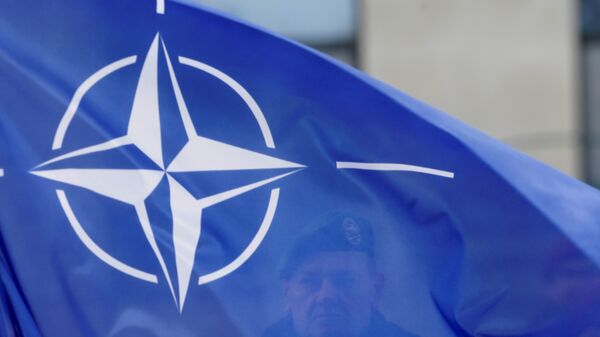"We do not want to become a member of any military alliance. Meanwhile, the Serbian government is focused on [gaining] European Union membership with the idea that this can ensure stronger development and trade," the ambassador said in an interview with Govorit Moskva (Moscow Speaking) radio.
He went on saying that Serbia was a European country and wanted to develop healthy relations with other European states. Regardless of the complicated geopolitical situation and the fact that Serbia is surrounded by both NATO and EU countries, it adheres to a policy of strict military neutrality, Terzic added.
While the government's idea to join the European Union is supported by almost half of the population, Serbian people are almost unanimous about their aversion to NATO.
"The European Union is one thing and NATO is another. We had a survey that showed that 80 percent of the people do not want to enter NATO, only 8-9 percent do… about 48 percent want to join the European Union, it is almost a half of the population," Terzic said.
The European Union has granted four Western Balkan states with the status of official EU candidate — Albania, Macedonia, Serbia and Montenegro. Bosnia and Herzegovina submitted an EU membership bid in February 2016. The partially recognized Republic of Kosovo also seeks EU membership, but its unresolved status and dispute with Serbia have been roadblocks for both countries' aspirations.
READ MORE: Serbian Radical Party Protesters Burn EU, NATO Flags in Central Belgrade (PHOTO)
Pristina unilaterally declared independence from Serbia on February 17, 2008. The self-proclaimed republic is recognized by over 100 UN member states. Serbia, as well as Russia, China, Israel, Iran, Spain, Greece and a number of other countries have not recognized Kosovo’s independence.
READ MORE: US Doctor Recalls How Serbs Thanked Him for Saving Kids Under NATO Bombs



